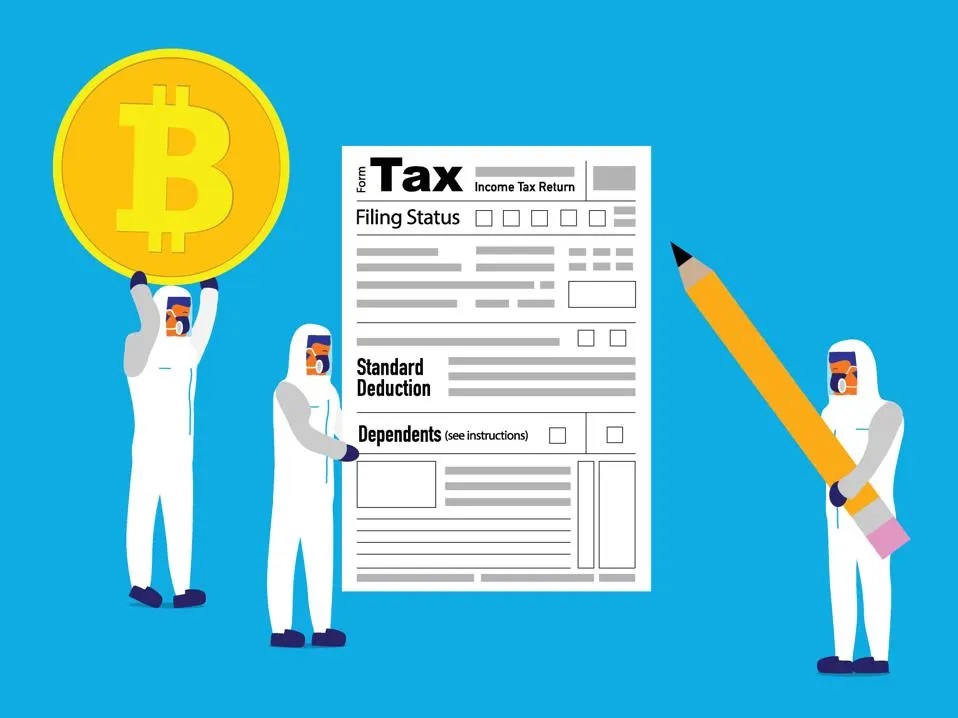
The Internal Revenue Service (IRS) has broadened its inquiry into cryptocurrency transactions by adding a question on digital asset earnings to four new tax forms. (Photo: Crypto News)
Taxpayers on Four More Forms Must Report Cryptocurrency Transactions
The Internal Revenue Service (IRS) has broadened its inquiry into cryptocurrency transactions by adding a question on digital asset earnings to four new tax forms. This expanded requirement applies to all taxpayers and covers various digital assets, including convertible virtual currency, cryptocurrency, stablecoins, and non-fungible tokens (NFTs).
The revised tax forms affected by this expansion include Form 1041 for Estates and Trusts, Form 1065 for Partnership Income, Form 1120 for Corporation Income Tax, and Form 1120-S for S Corporations. The IRS emphasized that all taxpayers must respond to the question, regardless of their engagement in digital asset transactions, affirming either “yes” or “no.”
Taxpayers who received digital assets as payment, rewards, from mining and staking, from a hard fork, or those who disposed of or sold digital assets in various ways must answer “yes.” On the other hand, those who did not engage in digital asset transactions or only held, transferred, or purchased digital assets using traditional currencies can answer “no.”
READ ALSO: Delaware Faces January Deadline: Food Stamps And Direct Payments Of Up To $1751 To Cease Tomorrow
This expansion comes in the wake of the IRS’s effort to capture a wider range of cryptocurrency transactions. It is notable that this question is distinct from the controversial tax rule requiring businesses to report transactions above $10,000 within 15 days, which currently applies to cash but not digital assets.
The latest development underscores the increasing scrutiny and regulatory focus on cryptocurrency transactions and income reporting, signaling the growing significance of cryptocurrency in tax compliance and enforcement. This prompts taxpayers to ensure accurate and complete reporting of their digital asset-related income to avoid potential penalties or legal consequences.

















































